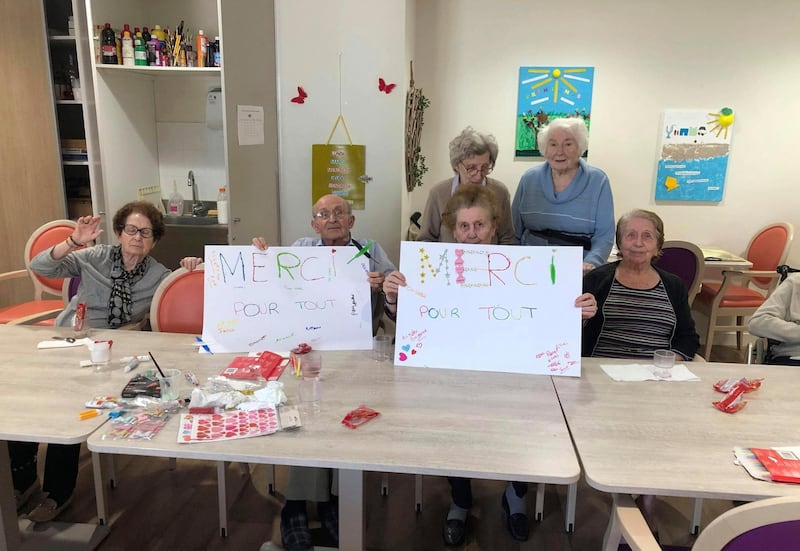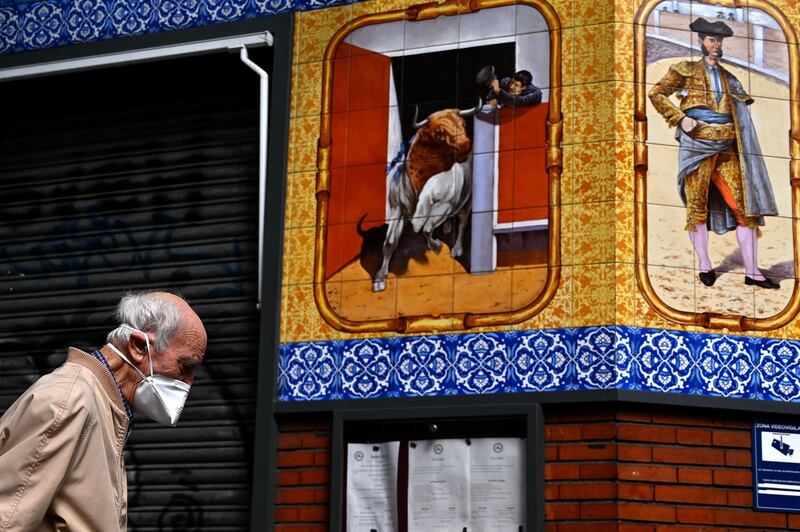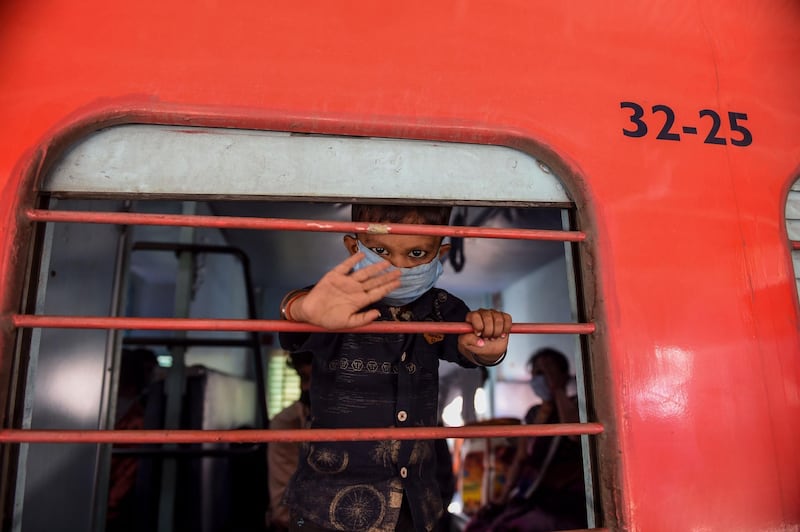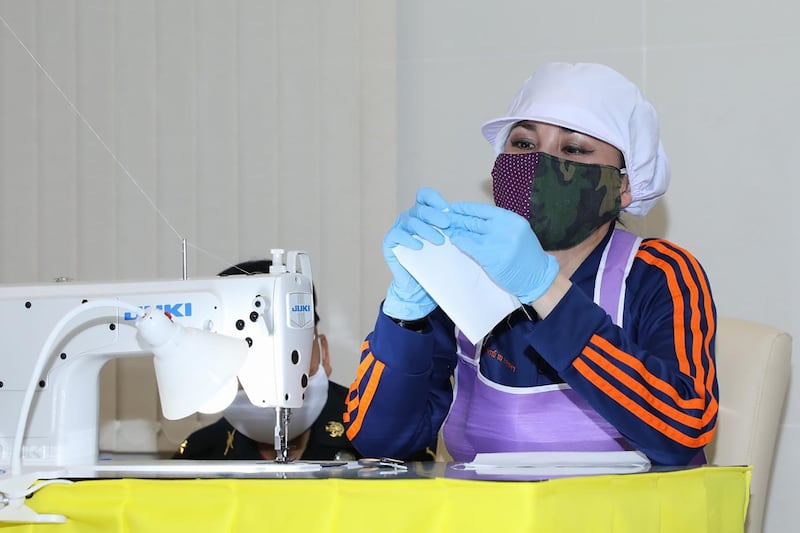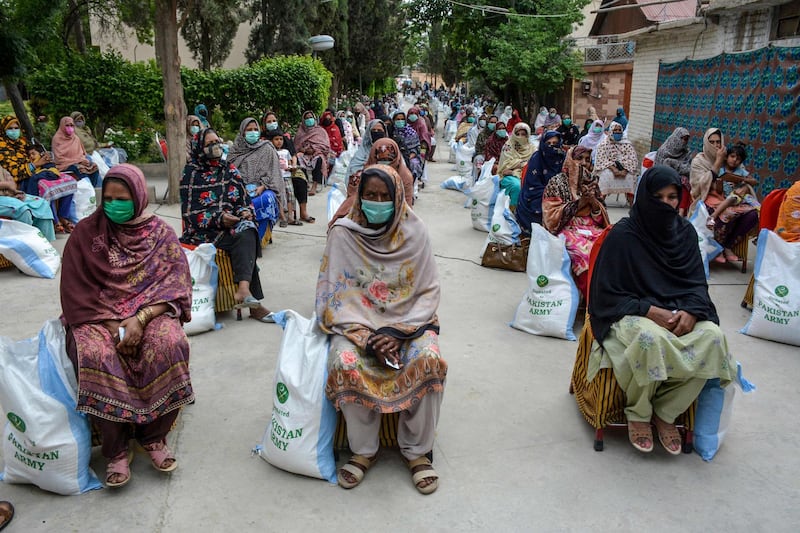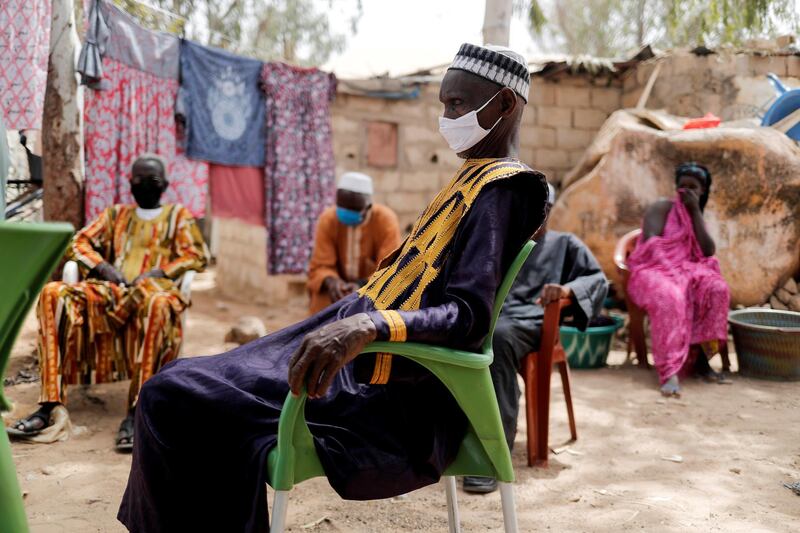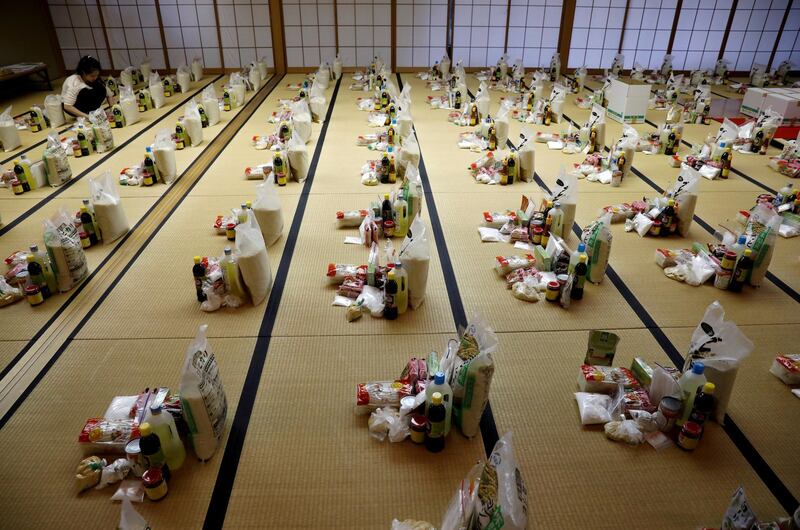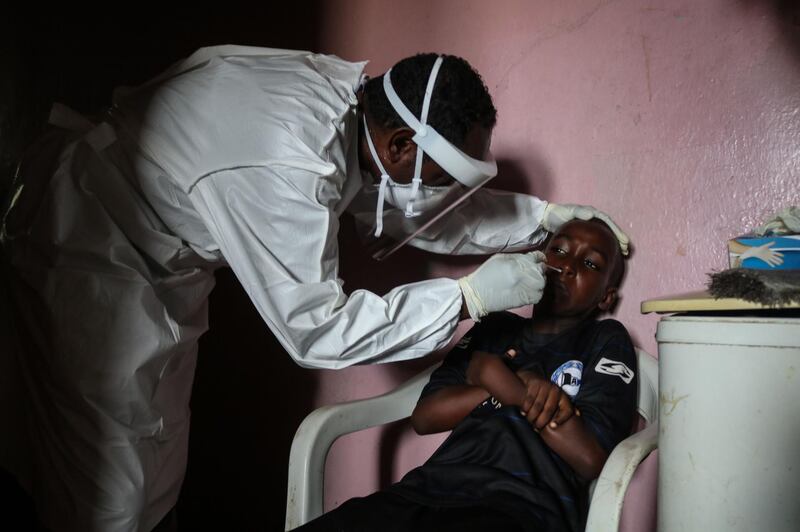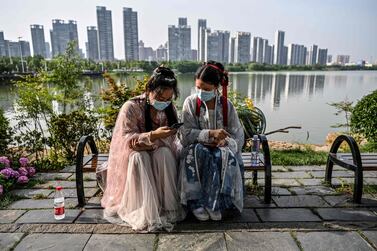More than 100 residents at a care home in France have remained safe from coronavirus after staff at the facility went into isolation with them for 47 days and nights.
As France imposed a nation-wide lockdown almost seven weeks ago, staff at the Vilanova care home on the outskirts of Lyon decided they would stay in quarantine with their 106 residents.
Now, as the 13 staff at the home end their quarantine, the care home is being hailed as a success story. Coronavirus tests conducted on the residents and staff all came back negative.
In contrast, because of exposure to the virus, more than 9,000 people have died after being infected with Covid-19 in France’s nursing homes. Tens of thousands of elderly have died in care homes across Europe.
There were four deaths during the lockdown period in the Vilanova home but these were not related to coronavirus. The average age of residents at the home is 87 and the deaths were not unexpected.
"I said, 'No. Not mine. My residents still have so much to live for,'" Valarie Martin, the director of the home in eastern France said.
On Monday, Ms Martin and 12 colleagues who stayed in the home for the full duration ended their quarantine. At the start of the lockdown 29 staff were inside but they left slowly over the last seven weeks.
Those who remained nicknamed themselves "the happily confined," and left in a convoy of cars, honking horns and heading for reunions with families and loved ones.
"We succeeded," Ms Martin said. "Every day, every hour, was a win."
Because of the efforts made by the staff, after an initial couple of days the residents were allowed to move around the home freely.
During those two days the staff gave the home's communal rooms a thorough cleaning. In that short space of time, Ms Martin said the change in the condition of residents was “a catastrophe”.
"In two days, we already saw people who started no longer wanting to eat, people who didn't want to get up, people who said, 'Why are you washing me? It's pointless,'" she said.
Of the home's total 50 staff, 29 volunteered to stay for what they initially believed would be a three-week stint in the home.
The carers slept on mattresses on the floor with pillows and sleeping bags they’d brought from home. Ms Martin slept in her office.
"It was tough," said care worker Vanessa Robert. But there were also moments of "total joy, getting together in the evenings, fooling around, tossing water bombs at each other".
"It was a bit like entering a holiday camp," she said. "Living a lockdown with 130 people is extremely rewarding."
